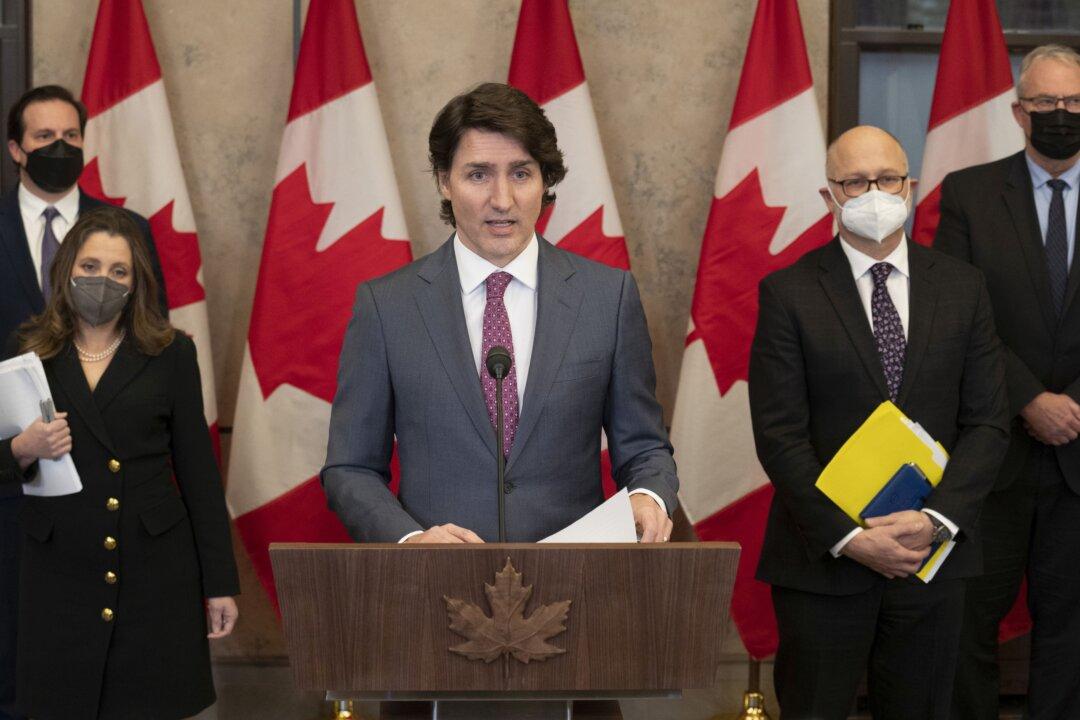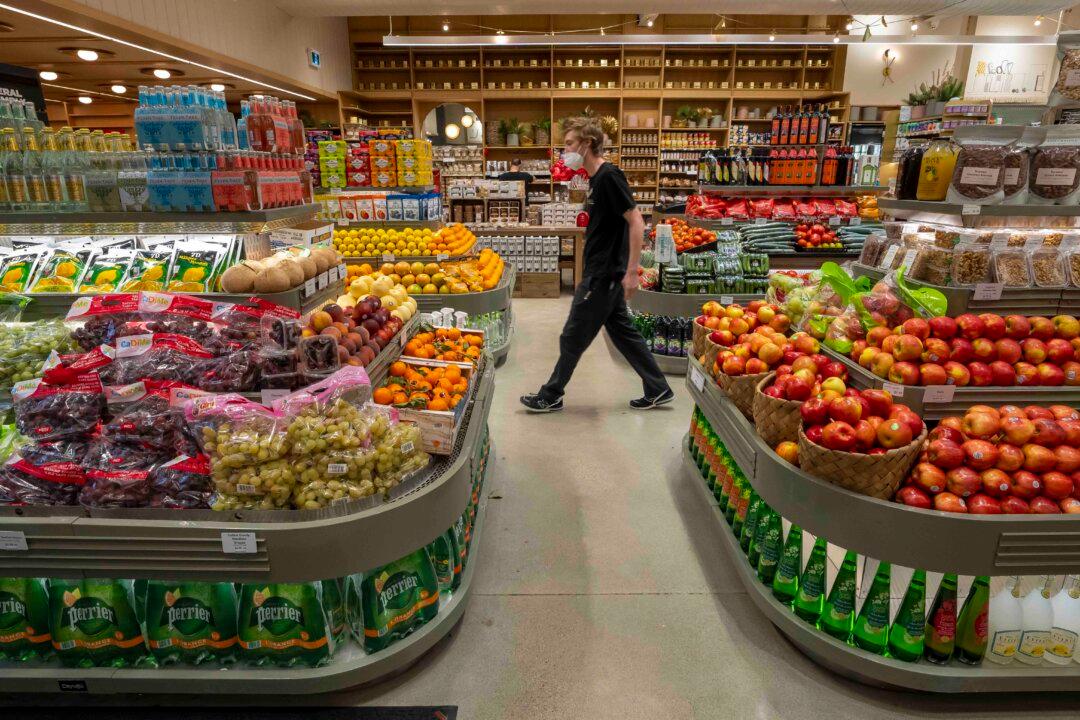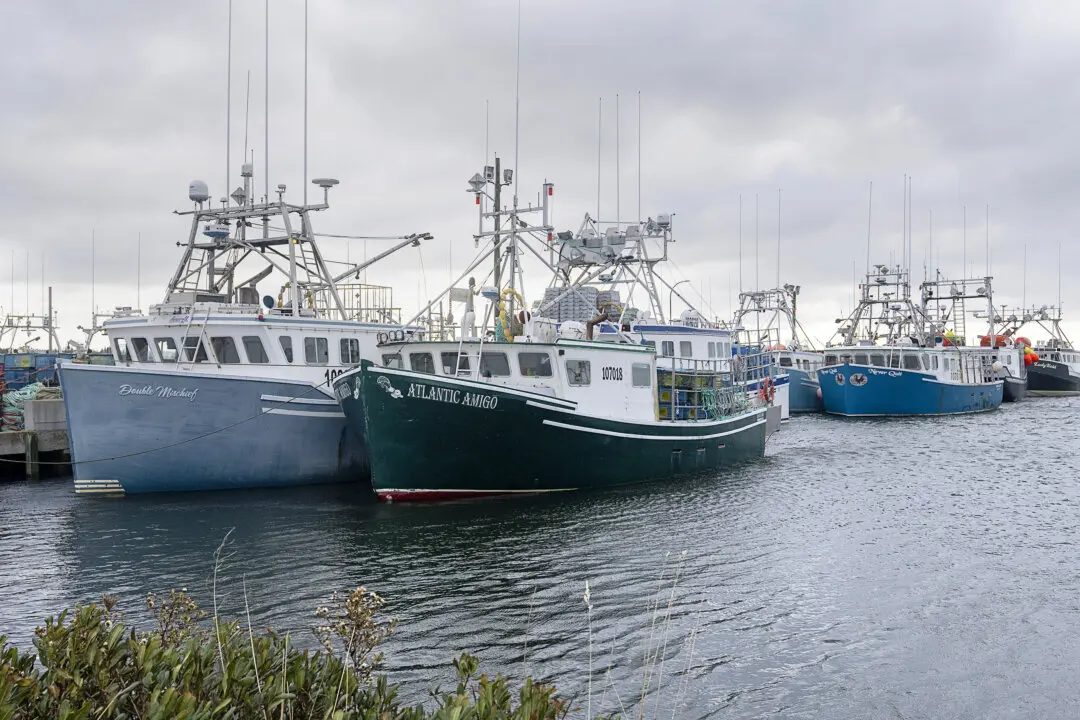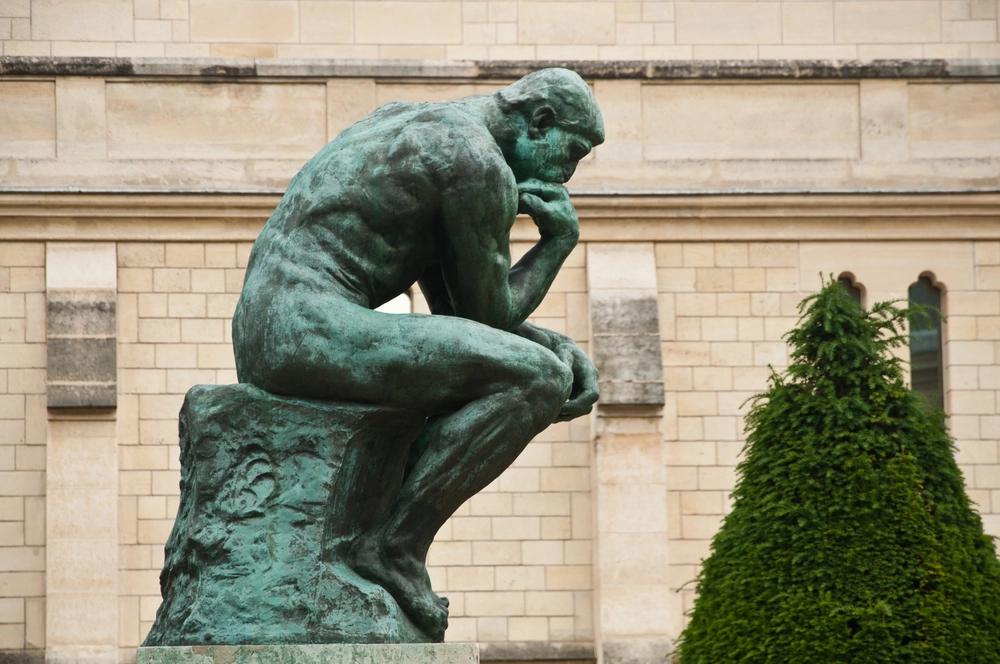Commentary
One strange thing about Justin Trudeau panicking and invoking the Emergencies Act is that it doesn’t appear to give the state many powers it didn’t already have, let alone need to deal with the supposed emergency. Another is that one draconian power it does give, to seize or freeze financial assets without a court order, could address a very real issue governments have ignored for years: the flood of dirty money into Canada. But they have no apparent intention of addressing it.





